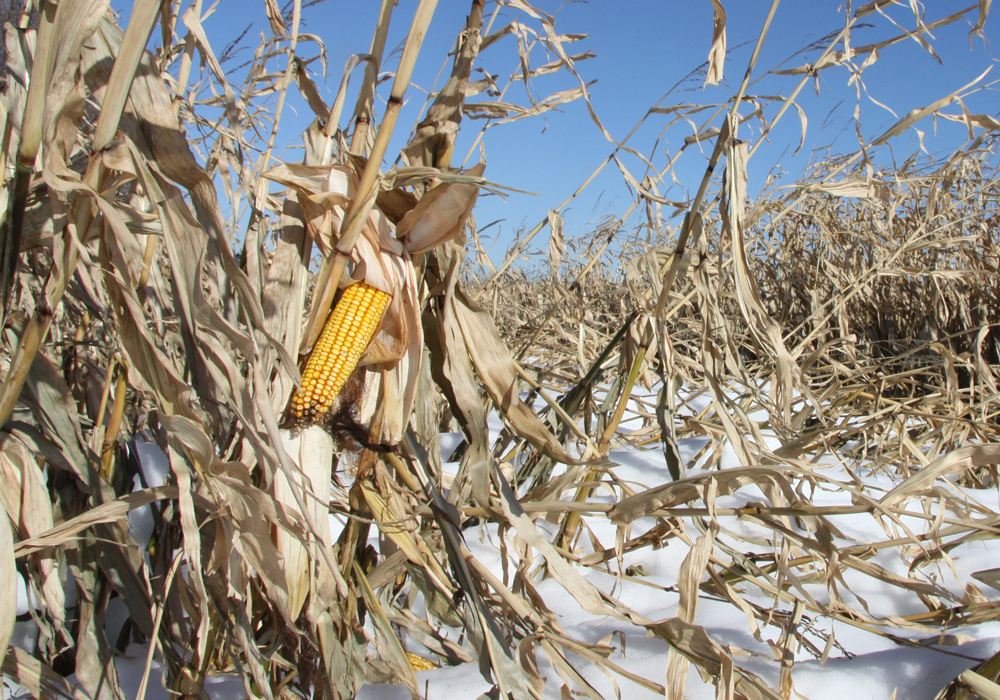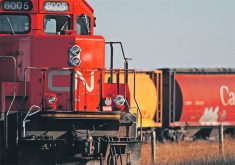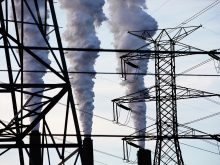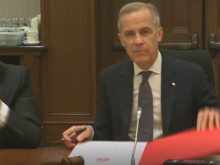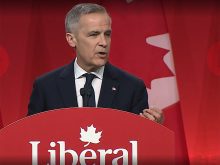Manitoba farmers possibly spent an additional $2 million on grain drying because of the federal carbon tax.
Based on survey data from the Keystone Agricultural Producers, the carbon tax added $3.69 per acre to the cost of drying corn following the harvest last fall. For the average producer, with 500 acres of corn, the cost of fuel for drying was about $14,145. The carbon tax added $1,722 to their natural gas and propane bill.
Overall, the carbon tax increased the drying cost by $1.7 million, just for drying corn.
The KAP data doesn’t include drying of wheat, canola and other crops, which means the total figure is higher, said Bill Campbell, KAP president.
Read Also
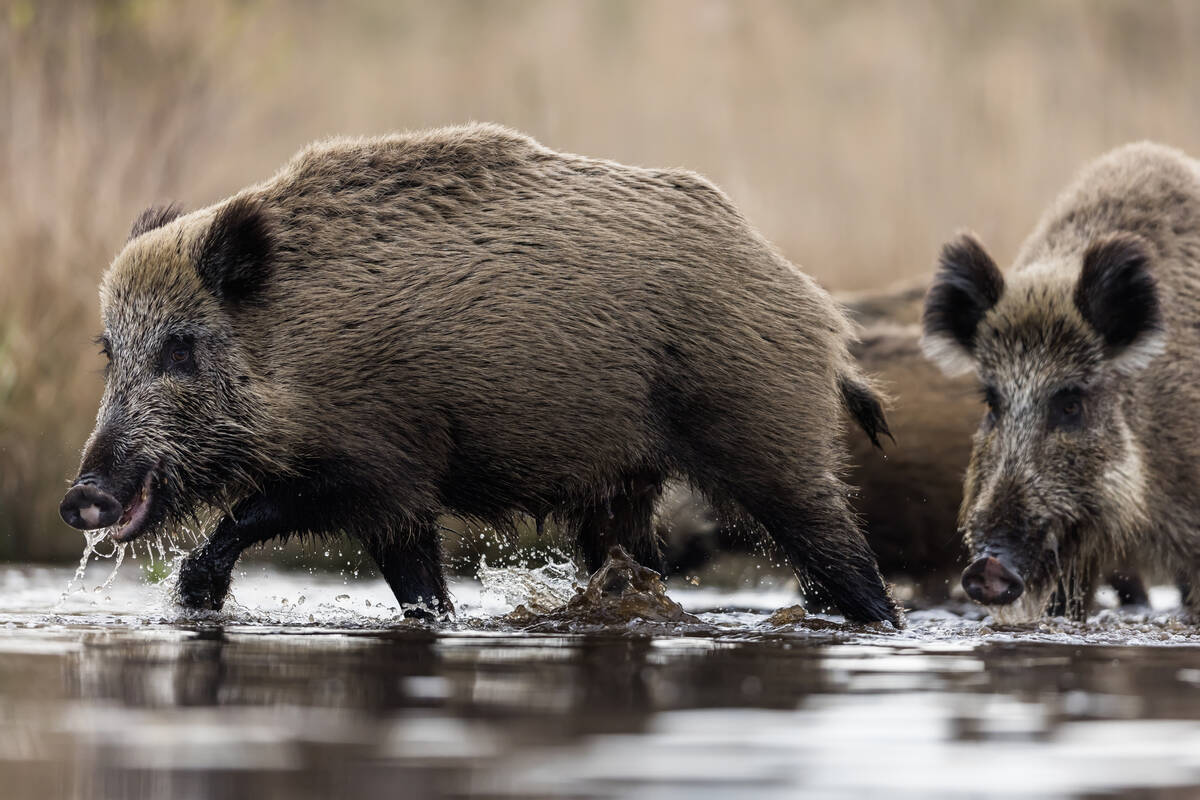
Manitoba bans wild boar possession
Manitoba has tightened the regulatory status of Eurasian wild boar in an effort to help fight back against invasive wild pigs.
“We’re probably in excess of $2 million that we’ve taken out of the Manitoba farm economy, for the carbon tax,” Campbell said yesterday morning at the Manitoba Ag Days trade show in Brandon.
Last year the federal government imposed a carbon tax of $20 per tonne of greenhouse gas emissions on provinces that lack a federally approved model to fight climate change. The decision affected Ontario, Manitoba, Saskatchewan and New Brunswick.
On Jan. 1 the federal government also imposed the carbon tax on Alberta.
The tax increases the price of gasoline and other fuels, including natural gas.
Campbell and many farmers across Canada believe grain drying should be exempt from the federal tax because it’s a necessary part of crop production.
“The carbon tax on grain drying not only impacts our profitability … but our competitiveness in a world market,” said Manitoba Corn Growers Association president Dennis Thiessen. “If we look to corn farmers in the northern United States, they are paying less for their drying costs and on top of that don’t pay a carbon tax. That corn comes into Manitoba, making Manitoba farmers uncompetitive.”
The Green Party of Canada also supports a tax break for grain drying. On Jan. 20, it said the extreme wet weather caused financial hardship for farmers and the tax relief is “justified and necessary.”
In late 2019, federal Agriculture Minister Marie-Claude Bibeau said she needed more information about grain drying and the carbon tax.
“I don’t want to go on feelings, but I’m more than willing to advocate once I have the case in front of me,” she said. “I just need more evidence to see the impact it’s had on a farm.”
KAP gathered evidence of the financial impact by talking with corn growers in Manitoba.
“We’ve been able to do a small survey with producers and we feel it’s very representative of what has happened,” Campbell said.
He’s frustrated that Bibeau asked for such information, but she didn’t show up at Ag Days in Brandon to receive the data. Bibeau was in Winnipeg at the time, attending the Liberal party retreat in that city.
A media rep with Agriculture Canada said Bibeau was planning to be at Ag Days, but she cancelled her appearance a few weeks ago. The agenda for the Liberal party event was too hectic and she was unable to attend Ag Days.
KAP plans to gather more evidence to support its case.
Campbell wants farmers stop by the KAP booth at Ag Days to share information on grain drying costs and the financial impact of the federal carbon tax.
Contact robert.arnason@producer.com


